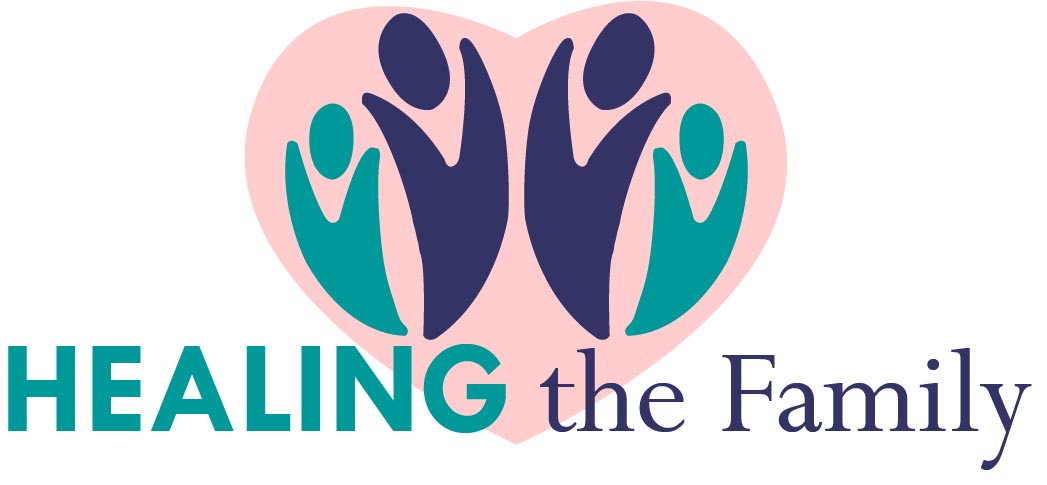 Our ways of establishing boundaries seem to be inherited from our own parents or caregivers. If you take a moment and think about family traditions, many of them are consciously imported from our families of origin or our culture, and this is a healthy and effective way of transmitting things that are important to us. How we celebrate holidays such as Christmas and Independence Day are largely formed in us by how we were raised, and there are many healthy reasons to maintain our way of celebrating these holidays. When we celebrate these holidays as a family, we demonstrate to our children that we have a religious and social identity that we want them to have, too.
Our ways of establishing boundaries seem to be inherited from our own parents or caregivers. If you take a moment and think about family traditions, many of them are consciously imported from our families of origin or our culture, and this is a healthy and effective way of transmitting things that are important to us. How we celebrate holidays such as Christmas and Independence Day are largely formed in us by how we were raised, and there are many healthy reasons to maintain our way of celebrating these holidays. When we celebrate these holidays as a family, we demonstrate to our children that we have a religious and social identity that we want them to have, too.
We also have subtle ways of interacting with each other that may not be healthy, especially when compared to the traditions cited above. We have likely met people who are uncomfortable merely expressing their wants or needs, but find they need to ask for things in a way that demeans or manipulates others. Rather than asking for quiet time alone, for instance, someone may have the habit of using unhealthy behaviors or communication patterns to convey what they want, provoking fights or conflict that is used to manipulate others.
In order to understand where we learned these behaviors, we must start with our own family history, looking at our grandparents and extended relatives to uncover subtle messages that we may not even be aware exist. This process can sometimes be frightening, but with some thoughtful engagement, we can find it to be very rewarding when combined with an attitude that we are not seeking to blame our parents for the mistakes we made, but merely to become aware of our unresolved wounds. In doing this, we identify dysfunctional patterns of behavior that take away from our expression of unconditional love toward our family members.
